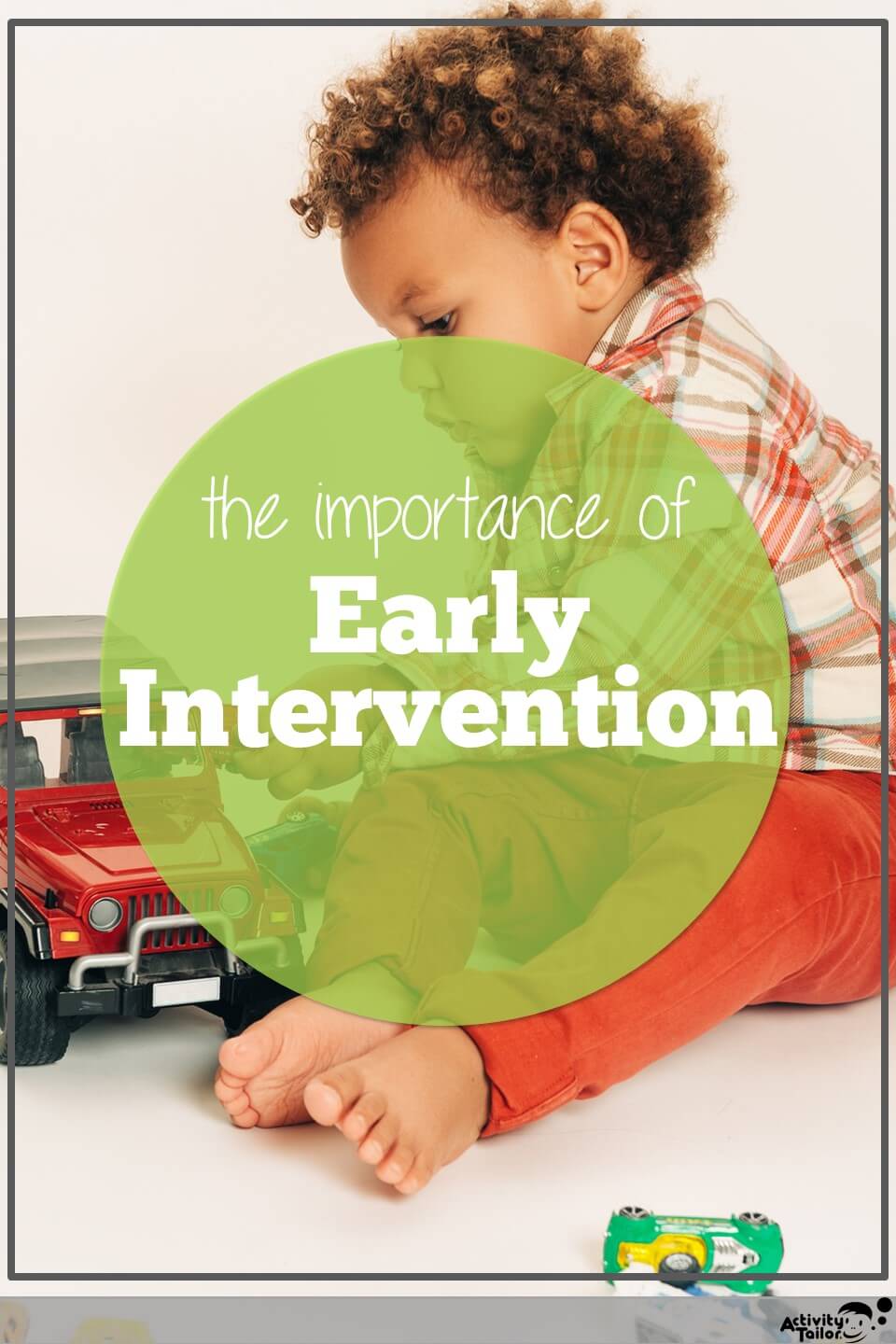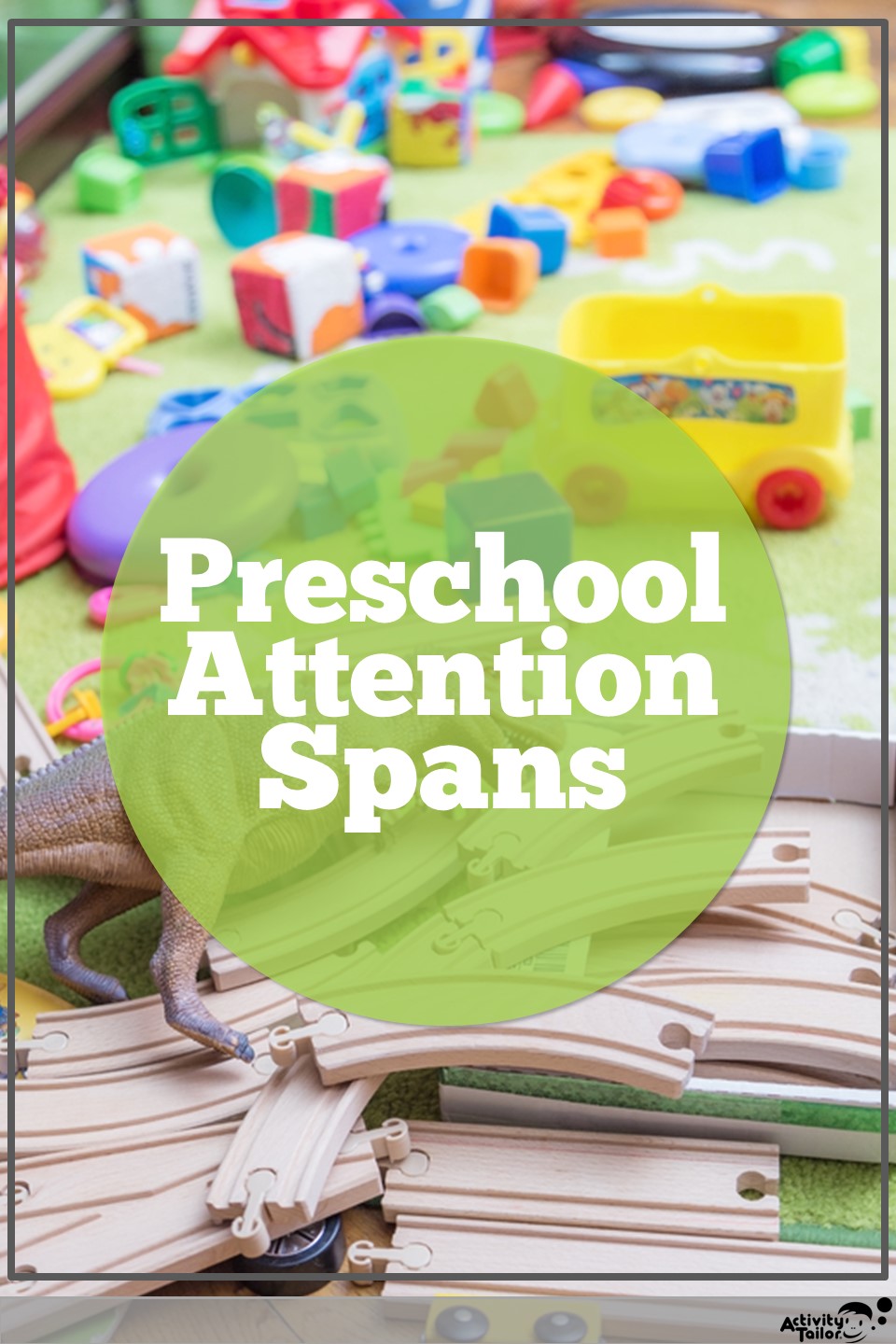
The journey of speech-language therapy can be overwhelming for families. As an SLP, it’s crucial to recognize the emotional challenges caregivers often face when their child is diagnosed with a communication delay or receives an unexpected medical diagnosis. Rather than assuming disinterest, it’s important to acknowledge their vulnerability and seek to empower them as integral members of the therapy process. Let’s go over 3 easy ways to empower caregivers in speech therapy– because they really do want to help!
3 Easy Ways to Empower Caregivers in Speech Therapy
- Speak in Simple Terms
- Communicate Regularly
- Emphasize Collaboration
1. Speak Simply
Communicate simply with families by using easy-to-understand terms and sharing manageable amounts of information.
Use Understandable Terms
Speak in simple, easy-to-understand terms. Avoid technical terms and acronyms when communicating with caregivers.
Yes, your expert terminology and technical jargon are helpful and show your expertise, but more times than not, it just adds to feelings of overwhelm and shame for parents.
Families are usually too embarrassed to let you know they don’t understand what you’re talking about. Technical language and acronyms lead to further confusion and a sense of overwhelm, and ultimately lead to a larger disconnect between you and families during the therapy process.
Instead of saying something like “We are working on bilabial articulation sounds in the initial position”, tell the family plainly “We are working on clearly saying /m/ and /b/ sounds at the beginning of words”. Then give examples so they can more easily understand.

Share Manageable Amounts of Information
As an SLP, it may be natural for you to have a “helper personality”. While this is usually a fantastic attribute in the therapeutic world, it can also be too much…
Instead of overwhelming caregivers with too much information, focus on providing practical examples and manageable strategies.
For example, if a child’s goal is to improve listening skills or recalling details, suggest incorporating simple storytelling during bedtime. Demonstrate by telling a short story during the session and encouraging caregivers to do the same at home. By focusing on one achievable task like storytelling, you make the strategy more attainable for families.
As you establish positive rapport and trust with families, you allow them to be honest with you when something feels “too much”. Adjust the strategy or suggest a new way to incorporate homework practice that is going to be manageable for the family’s schedule.
2. Communicate Regularly
The next thing you can do to empower parents in the therapy process is to communicate regularly with them!
It’s common for SLPs to have a rushed and packed schedule, and often caregivers are the ones who bear the brunt of this less than ideal situation as you over-talk or under-listen. Because of this, they can be left feeling unheard or undervalued.
Regular check-ins with caregivers can help bridge this gap! Reserve the last couple of minutes of your sessions to chat with families. Share occasional but consistent progress updates through emails. Schedule brief phone calls to give parents time to express any concerns they may have.
During these check-ins, ask caregivers open-ended questions and encourage them to speak honestly with you. Always be sure to share and celebrate successes with caregivers too!
3. Emphasize Collaboration
Invite caregivers to actively participate in therapy sessions when possible. This collaboration opportunity allows you to break away from carrying the sole responsibility of teaching and planning.
By involving caregivers in sessions, they can watch and practice along with you. They are also able to brainstorm and provide valuable insights about their child’s special interests and needs. You will be better able to tailor activities for your client by collaborating well with their family!
Take Collaboration a Step Further
Encourage families to take the collaboration a step further. Invite them to help create activities they can do at home with their children to practice speech and language goals.
It’s also very beneficial for caregivers to teach someone else the skills their child is working on, like another caregiver!
Additional Resources to Empower Caregivers in Speech Therapy
It’s also helpful to use resources to help yourself and clients’ parents learn and communicate more effectively.
For Caregivers
Use Parent Handouts to educate parents about early elementary speech & language concepts.
For You
Download the FREE guide, 4 Tips for Talking to Caregivers, which includes information to boost the impact of your conversations with families and a questionnaire you can use with families when you initially meet them to get to know them better.
By proactively addressing common parent concerns and educating families, you will empower caregivers in speech therapy. As you focus on collaboration with caregivers, the long-term success you see in clients will increase naturally.

Don’t forget, you’re the best person for this job, and your clients’ parents really do want to help!
You may also be interested in reading:
How to Support Caregivers with Guilt
Tips for Talking to Caregivers
Addressing the Parent Question: How Long Will Speech Therapy Take?
Caregivers and the IEP Process





